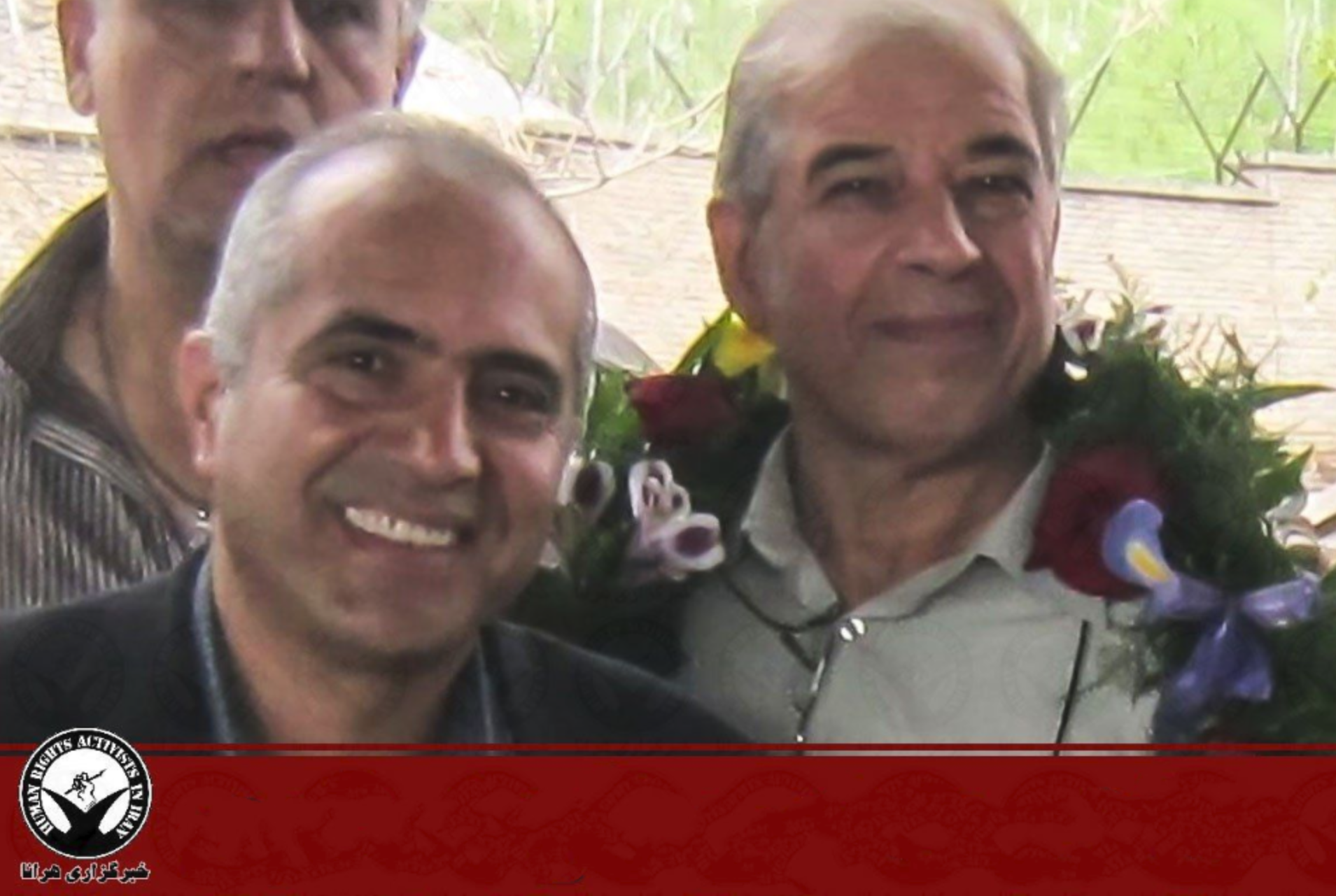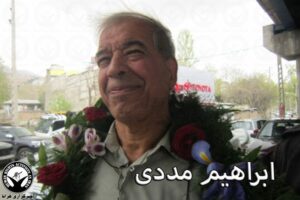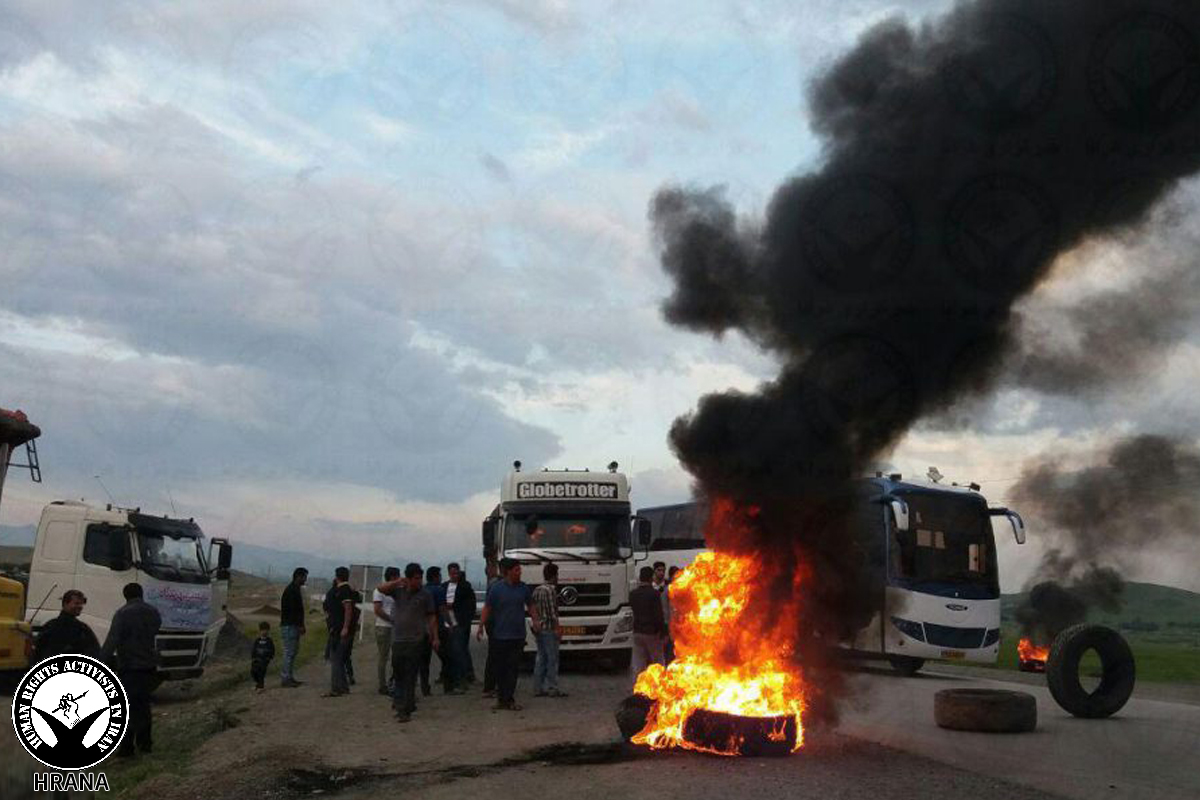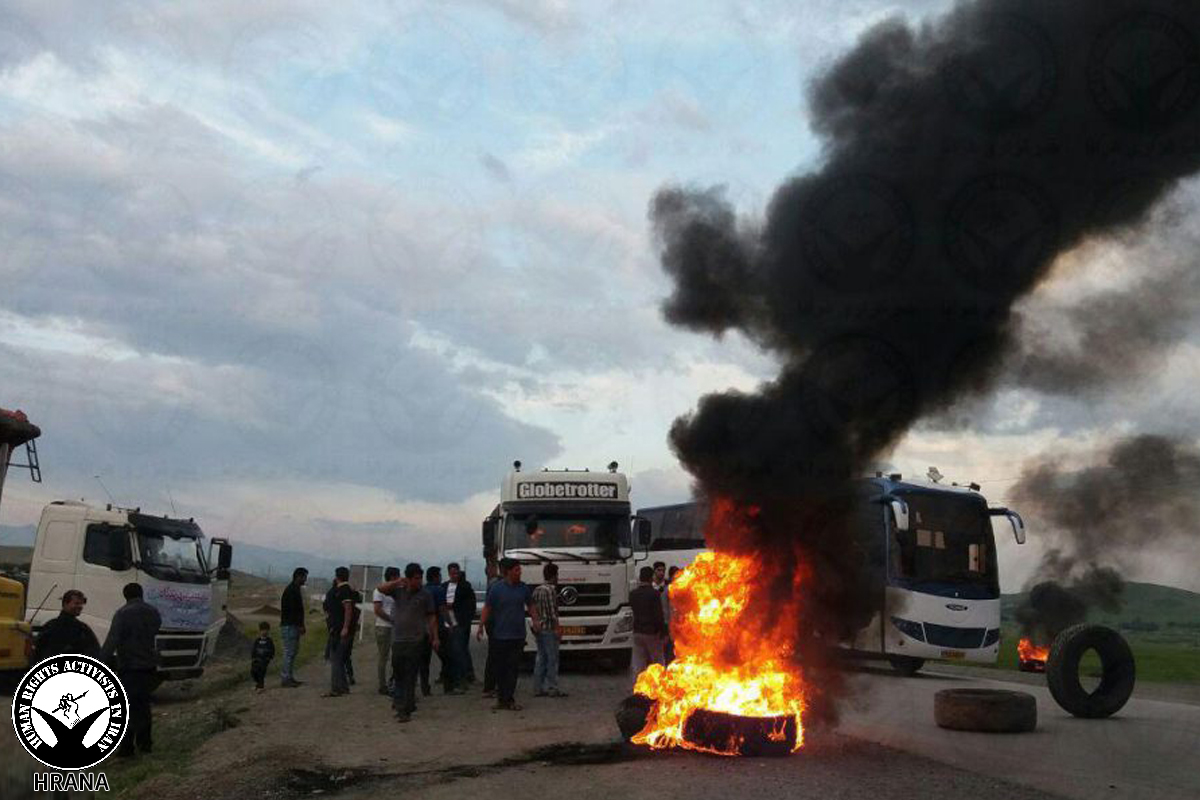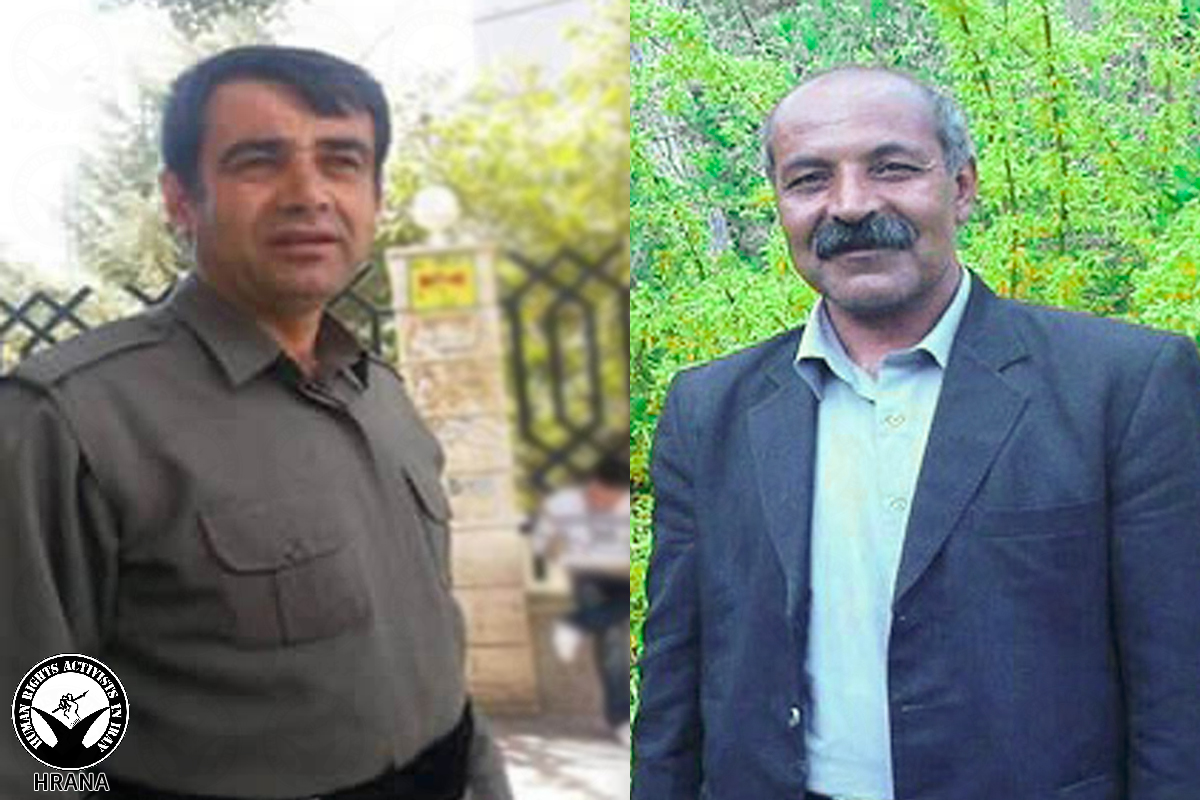Human Rights Activists News Agency (HRANA) – Labor activist Ebrahim Madadi’s prison sentence of five years and three months has been upheld in Branch 36 of Tehran Revolutionary Appeals Court.
If the outcome of Madadi’s appeal has come clear, the case of his co-defendant Davoud Razavi is less so: the absence of a judge has delayed the appeals hearing that was scheduled to review his own five-year prison sentence on October 31st of this year.
Madadi and Razavi were arrested April 28, 2014, for labor activism, detained in Evin prison, and released 22 days later on 1 billion IRR [approximately $25,000 USD] bail. Their initial trial was held in Branch 26 of Revolutionary Court.
Madadi is the vice president of the Greater Tehran Bus Drivers’ Syndicate and a longtime labor activist. Saleh Nikbakht, the attorney for both men, told HRANA that authorities have historically founded their allegations against Madadi on his syndical activities– so many manifestations, she said, of their intolerance of syndicates like the Bus Drivers’ Union. Egregious in the eyes of the judiciary, the attorney said, was Madadi’s distribution of sweets at a bus terminal on International Workers’ Day (May 1st) 2014, and his 2015 lobbying at the Labor Ministry for a higher minimum wage. Madadi served a 3-year prison sentence, also connected to his labor activism, that ended April 18, 2012.
Likewise, Revolutionary Court cited Razavi’s participation in the minimum-wage demonstrations as evidence of “collusion and assembly to act against national security.” The publishing of photos from these demonstrations was tantamount to anti-regime propaganda, they said; rallying fellow citizens to attend an International Labour Organization conference was endorsing “the labor opposition movement outside of Iran” (the ILO is an official UN agency). The court offered no other evidence connecting Razavi to a criminal offense.
In a statement dated April 2017, Amnesty International called on Iranian authorities “to immediately and unconditionally release those imprisoned for their peaceful trade union work, and quash the harsh prison sentences […] and allow workers to hold peaceful gatherings, including on International Workers’ Day, and to exercise their right to form and join independent trade unions to improve their living situations.”
Madadi, a sexagenarian, suffers from diabetes, prostate inflammation, and high blood pressure and cholesterol. Secondary to a stroke, he has gone deaf in one ear and suffered partial hearing loss in the other.



